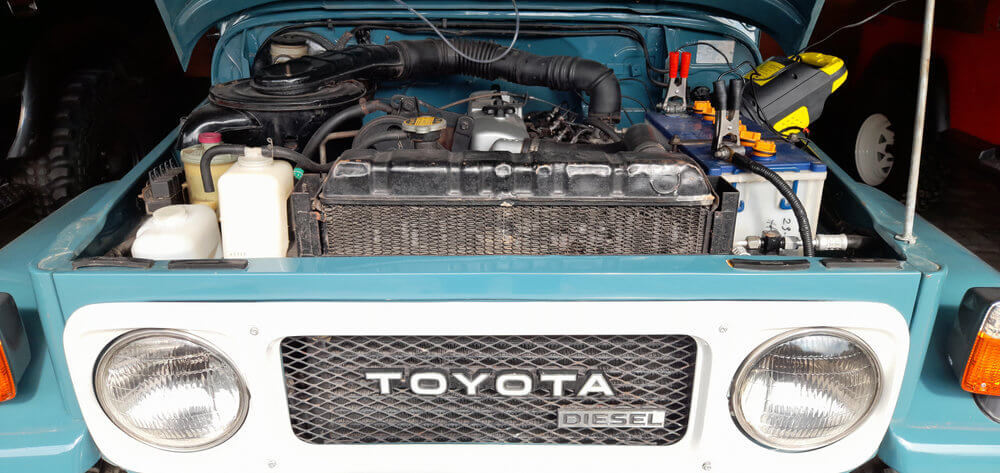What Is The Hardest Part Of An Engine Swap?

Performing an engine swap can be a complex and challenging task, and the level of difficulty can vary depending on the specific vehicles involved and the experience of the person or team performing the swap.
Some common challenges and difficult aspects of an engine swap can include…
- Custom Fabrication – Depending on the engine and vehicle combination, custom fabrication work may be required to create motor mounts, transmission mounts, exhaust systems, and other components that are compatible with the new engine.
- Wiring and Electronics – Integrating the electrical systems of the new engine with the vehicle’s existing wiring can be complex. Wiring harness modifications and the connection of sensors, ECU (Engine Control Unit), and other electronic components require careful attention and expertise.
- Transmission Compatibility – Swapping engines often involves considering the compatibility of the new engine with the existing transmission. Transmission adapters or modifications may be necessary.
- Cooling System – Ensuring that the cooling system can adequately handle the new engine’s heat output is crucial. This may require radiator upgrades or modifications.
- Exhaust System – The exhaust system must be modified to fit the new engine, ensuring proper flow and compliance with emissions regulations.
- Custom Driveshafts – Driveshaft modifications or replacements may be necessary to connect the new engine to the vehicle’s drivetrain.
- Tuning and Calibration – Properly tuning and calibrating the engine and ECU for optimal performance and drivability can be a complex process that requires specialized knowledge and tools.
- Compliance with Regulations – Depending on your location, engine swaps may need to comply with emissions regulations and safety standards. Ensuring that the swapped engine meets all legal requirements can be challenging.
- Testing and Troubleshooting – After the engine swap is complete, extensive testing and troubleshooting may be needed to address any issues, leaks, or performance problems that arise.
- Parts and Component Sourcing – Finding compatible parts and components for the engine swap can be a time-consuming and challenging task, especially for rare or specialized engines.
- Budget Management – Engine swaps can be expensive, and staying within budget while tackling unforeseen challenges can be a significant difficulty.
- Time and Patience – Engine swaps often take longer than expected, and patience is required to address unexpected setbacks and complexities.
For these reasons, many individuals and shops choose to consult experienced mechanics or professionals who specialize in engine swaps to ensure that the process is done correctly and efficiently. Proper planning, research, and attention to detail are essential when undertaking an engine swap to mitigate these challenges and achieve a successful outcome.
